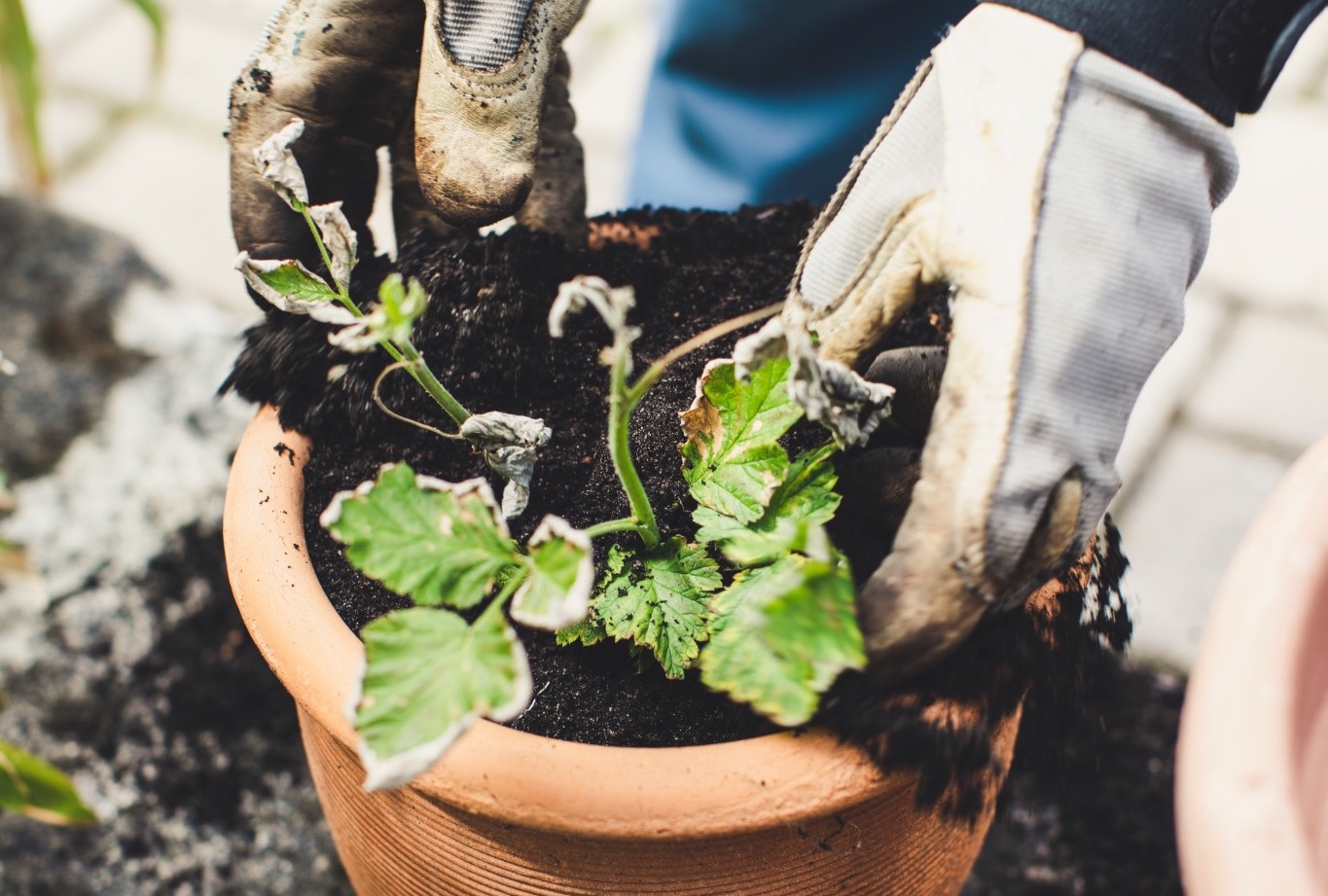From Earth to Windowsill: How Gardening Can Elevate Our Lifestyles
Ways in which everyone can benefit from gardening:
- Making your own windowsill garden in small pots
- Getting involved in a community gardening group
- Helping a friend or neighbour tend their garden
- Volunteering in a school or public garden.
- Going for a walk in a public or community garden and being around nature
Roger Ulrich, an environmental psychologist, found that post-op patients who had scenic views recovered quicker and were in better spirits than others who did not. If simply being exposed to nature has such positive effects, then actually interacting with it through activities, such as gardening, must increase those effects tenfold.
Florence Nightingale, the iconic nurse who was accredited with making hospitals safer and cleaner, found that gardens in recovery centres helped calm and boost the happiness of shell shocked soldiers during the first world war.
Gardening to improve mental health and empower communities
As mental health issues have risen exponentially, our interest has shifted towards natural medicines and healthier lifestyle choices as a form of treatment. Gardening and looking after houseplants introduces a form of mindfulness into our lives, which helps us with both our physical and mental health. This is due to the focus and attention required to successfully sow and nurture plants to grow.
In fact, the full sensory experience that gardening provides stimulates the brain and allows the body to release dopamine - the happiness hormone. Even space astronauts are busting out their green thumbs by growing Zinnias, which, according to a study led by NASA, has reduced their stress levels.
Furthermore, researchers in Korea who gave dementia patients light gardening tasks, noticed an increase in brain nerve growth associated with memory, essentially slowing down the effects of dementia. These studies have led to the creation of ‘Greencare’ programmes, in which patients spend a large portion of their time helping on farms or in gardens.
Gardening can also be done socially, which helps fight against isolation and loneliness. Community garden centres in cities encourage people who may not have the knowledge - or even access to an outdoor garden, to take up therapeutic horticulture programmes. For example, the Walworth Garden in South London offers free weekly social gardening sessions to improve mental health and isolation - especially after the ongoing effects of Covid-19.
Gardening for your physical healt, and the planet!
In general, getting fresh air and vitamin D from being outdoors is good for you. But, with all the raking, pulling, weeding,and digging you’ll be doing, gardening also provides a low-impact workout. This helps improve your endurance, strength and mobility. Simple walks around a local public or community garden alsokeeps you fit and can be a social activity whichenhancess your well-being.
As mentioned previously, indoor and outdoor plants help clean the air and produce oxygen. Even on a small scale with a few plants, you are offsetting your carbon footprint. In addition, the thrill of growing something you can eat or use in your meals is quite rewarding! Whether that be herbs from your windowsill or veggies from your outdoor garden.
So as you can see, there are many reasons to make gardening a habit. Even 20 minutes a day can allow you to feel a positive change. Whether you have a big plot of land, or a green corner in your home, you can create a little sanctuary - something to admire, that keeps you healthy, and sparks your focus and creativity.

Sticking our hands in soil and getting involved with nature helps to ground us, but it can also have a plethora of positive effects on human health. It has been proven that working with plants reduces depression and anxiety and increases our overall satisfaction with life.
Even those living in cities without access to private or community gardens/allotments can reap the benefits of gardening by having houseplants or by starting a windowsill garden with herbs and a couple of vegetable plants. There are many benefits to indoor plants in addition to being therapeutic to care for… Not only do indoor plants give some life to your space, they also absorb toxins and clean the air, making a more healthy atmosphere. They can also improve your mood, reduce stress, make you more productive, and boost your creativity and concentration.
References:
1. The benefits of indoor plants: https://www.thesill.com/blog/why-you-need-plants-in-your-life
2. Masachi Soga et al., ‘Gardening is beneficial for health: a meta-analysis’, Preventive Medicine Reports, https://www.sciencedirect.com/science/article/pii/S2211335516301401.
3. Richard Thompson, ‘Gardening for Health: A Regular Dose of Gardening’, Clinical Medicine, https://www.ncbi.nlm.nih.gov/pmc/articles/PMC6334070/.
4. Benefits of mindfulness: https://www.helpguide.org/harvard/benefits-of-mindfulness.htm
5. ‘Why gardening is good for your mental wellbeing’, Thrive, https://www.thrive.org.uk/how-we-help/what-we-do/why-gardening-is-good-for-our-health/why-gardening-is-good-for-your-mental-wellbeing.
6. Michelle Howarth et al., ‘What is the evidence for the impact of gardens and gardening on health and well-being: a scoping review and evidence-based logic model to guide healthcare strategy decision making on the use of gardening approaches as a social prescription’, BMJ Open, https://bmjopen.bmj.com/content/10/7/e036923.
7. Walworth Gardens: https://walworthgarden.org.uk/therapeutic-horticulture
8. Space Gardening: ‘ZINNIAS FROM SPACE! NASA Studies the Multiple Benefits of Gardening’, NASA, https://www.nasa.gov/content/ZINNIAS-FROM-SPACE-NASA-Studies-the-Multiple-Benefits-of-Gardening.
9. Gardenings benefits on Dementia: Rebecca Joy Stanborough, ‘Seed, Soil, and Sun: Discovering the Many Healthful Benefits of Gardening’, https://www.healthline.com/health/healthful-benefits-of-gardening
10. Benefits of gardening for all: https://www.betterhealth.vic.gov.au/health/healthyliving/gardens-for-all-a-health-activity
Post a comment